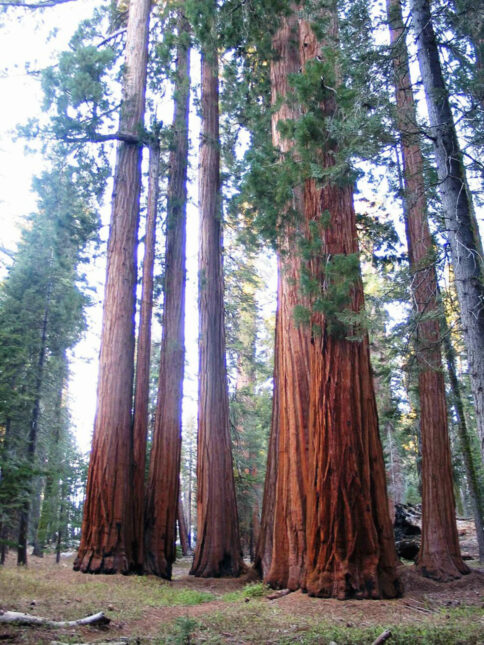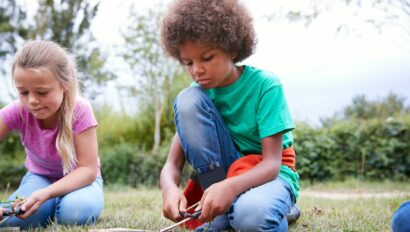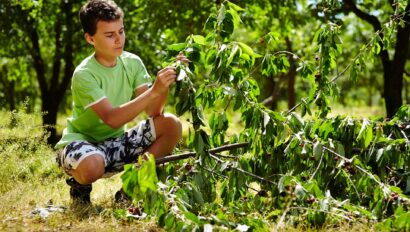How Outdoor Science Camp Nurtures a Love for Learning and the Environment
January 06, 2025

Outdoor science camps have become an increasingly popular choice for both students and teachers, offering a unique blend of education and adventure. Outdoor science camps inspire young minds by getting them involved in nature and hands-on learning experiences. Here’s how outdoor science camps cultivate a love for learning and a deep appreciation for the environment.
1. Developing Teamwork and Social Skills
Outdoor science camps provide unique opportunities for teamwork and collaboration. Group activities like field experiments and habitat restoration projects require campers to work together, share ideas, and solve problems collectively. These experiences enhance social skills, encourage respect for others’ perspectives, and build friendships rooted in shared interests.
2. Fostering Curiosity and Exploration
Outdoor science camps encourage campers to ask questions, make observations, and explore the unknown. Through guided activities like nature hikes, owl pellet dissection, and zoology, children learn to appreciate the beauty and complexity of the environment. By nurturing this curiosity, camps inspire a lifelong love of learning and discovery.
3. Inspiring a Lifelong Connection to Nature
Many outdoor science camps provide children with their first real exposure to the natural world. This exposure creates a lasting connection to the environment, often inspiring participants to pursue environmentally-focused careers or conservation efforts later in life. Even if campers don’t pursue a science career, the love and respect they gain for the natural world will stay with them.
4. Hands-On Learning in a Natural Classroom
At an outdoor science camp, the entire world becomes a classroom. Instead of learning from textbooks, campers engage in hands-on experiences—studying wildlife, exploring ecosystems, learning about the water cycle, and observing natural phenomena. This active learning keeps students engaged, allowing them to understand complex concepts by directly interacting with nature.
5. Cultivating Problem-Solving and Critical Thinking Skills
Outdoor science camps challenge children with real-world problems that require creative solutions. Whether identifying wildlife, analyzing soil samples, or planning a restoration project, campers must use critical thinking skills to draw conclusions and make decisions. These activities develop scientific thinking and help kids become confident problem-solvers, skills that benefit them in all areas of life.
Conclusion
Outdoor science camps offer far more than fun in the sun—they are transformative experiences that ignite curiosity, inspire learning, and foster a lasting connection with the environment. By combining hands-on activities, environmental education, and personal growth, these camps nurture a love for science and nature that can last a lifetime. For educators looking to encourage a child’s natural curiosity and sense of wonder, contact us today to enroll your students in an outdoor science camp.



